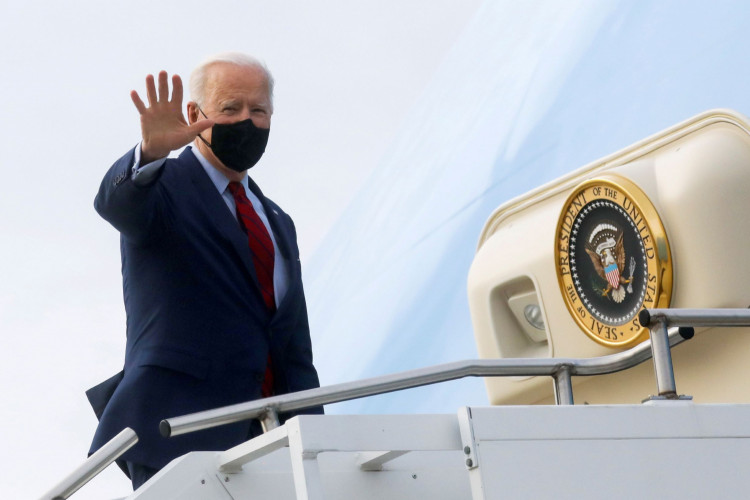U.S. President Joe Biden's $2.3 trillion spending plan has been met with early opposition: Republican and other critics say raising taxes on businesses will trigger "stagnation and decline."
Business lobby groups are against Biden's spending plan that will be partially offset by tax increases on the private sector.
Part of the plan is the construction of electric vehicle charging stations and the elimination of lead water pipes. While business groups are for investment to propel spending they are against tax increases.
Biden's spending includes shoring up aging bridges, roads and utilities from which, he says, business will benefit from in medium and long terms.
Biden's proposal is to raise the corporate tax rate from 21% to 28%. Furthermore, multinational corporations will need to pay more taxes in the U.S. on profits earned abroad.
Senate minority leader Mitch McConnell late Wednesday said that Biden's proposal, which he called the American jobs plan, was a Trojan Horse.
Speaking to the news media in Kentucky, McConnell said the plan appeared like an infrastructure overhaul on the outside but actually had "more borrowed money" on the inside.
McConnell said it was "not likely" he would support the spending plan if it meant additional national debt or if tax increases were too high.
Besides corporate lobby groups and Republicans, Biden's infrastructure plan must overcome undecided Democrats.
Chairperson of the Congressional Progressive Caucus, congresswoman Pramila Jayapal, said she welcomed the first step of the plan but she was looking for a package that was "substantially larger in size and scope."
Other centrist Democrats want Republicans to be included in decision making and dissecting of the package. Biden said he welcomed engagement from the Republican side.
If Republicans continue to oppose the proposal, it is expected Democrats will use reconciliation, a parliamentary process that will give them the power to bypass a Senate filibuster.
Despite early opposition, Biden is keen on getting his proposal passed. Here are highlights:
- $621 billion in improving airports, EV development, shipping ports, public transit, airports, national roads and bridges
- $580 billion in investments to U.S. manufacturing, job training programs, and research and development
- $400 billion for elderly care and support for disabled Americans
- More than $300 billion in developing electric grids and drinking water infrastructure
- More than $300 billion for affordable housing and upgrading or constructing schools
A recovery package will be unveiled by the Biden administration in the coming weeks, but for now, Biden and his team are focused on smoothing the path in an evenly divided Senate and a wavering circle in the Democrat House cluster.





